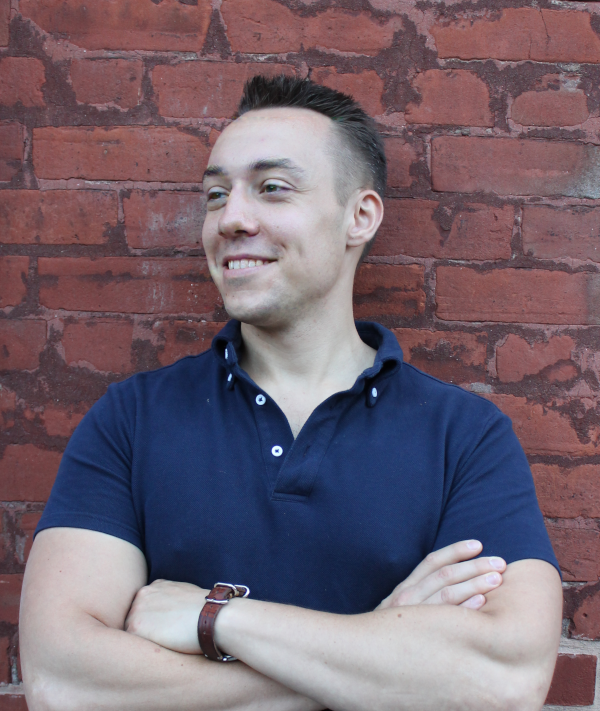
Soli Dubash is PhD Candidate in the Department of Sociology at the University of Toronto.
I am a sociologist studying the mechanisms generating inequality in modern societies.
My dissertation research investigates how and to what extent mental health, health behaviour, and social networks are processually connected as people age. The first chapter used longitudinal personal network data to understand how relationships newly defined as difficult or demanding influence changes in arguably the most important health behaviour, physical activity. The second chapter used the longest ongoing US national study to better understand the reciprocal causal relationship between mental health and physical activity in adulthood. My final chapter examines how the onset of non-communicable illnesses can have varied consequences for older adults’ social relationships as they age. Through these three studies, my dissertation contributes to knowledge in a range of fields, including sociology, network science, public health, and preventive medicine.
I also have several different ongoing projects assessing other forms of patterned inequality.
With Professors Monica Boyd (University of Toronto) and Lisa Kaida (McMaster University), I am collaborating on a SSHRC funded project that examines occupational segregation in Canada. The studies from this project use the best available administrative data, the restricted long-form Census, to identify the extent to which various population groups are concentrated in the Canadian occupational structure. Using counterfactual methods, we specify how sociodemographic characteristics contribute to a traditional index of stratification, occupational segregation.
With Professors Markus H. Schafer (Baylor University) and Emmanuel Kyeremeh (Toronto Metropolitan University), I am leading an investigation into who is granted the privilege of knowing things. This article asks whether men are disproportionately named as advice-givers using longitudinal personal network data and proposes that asymmetric patterns of informal advice transmission reveal a potentially pervasive but unacknowledged systemic form of gender inequality.
With Professor Gordon Brett (University of Hong Kong), I have a big-data bibliographic project seeking to better understand the unequal impacts of sociology across other scientific fields. Using the complete Clarivate Web of Science (WOS) database, this study extends our earlier collaborative work as graduate students on the interdisciplinary impact of the sociology of culture and cognition. It expands the scope to examine all WOS citations to the official journals of the American Sociological Association from 2000 to 2023 to ask: to what extent do some sub-areas have a greater interdisciplinary impact than others?
My scholarly agenda is dedicated to producing research that (1) can help people make evidence-based decisions about their health and their community members’; (2) holds practical implications for policy design and targeted interventions; and (3) clearly presents results in ways which are publicly accessible, can inform future research design, and facilitate meta-analyses. My dissertation research has been funded in part by the University of Toronto; the Province of Ontario through the Ontario Graduate Scholarship (OGS) Program; and the Government of Canada’s Social Sciences and Humanities Research Council (SSHRC) Joseph-Armand Bombardier Canada Doctoral Graduate Scholarship.
I strongly value open science principles and transparent research practices. By doing so, I aim to both make people aware of the possible effects of their personal ties to influence their health, behaviour, and well-being (and vice versa); and, to allow readers to reach their own decisions as to how I came to these results and their consequences. This is why, when possible, I choose open-access publishing or publicly provide my research on the Open Science Foundation.
Outside of my academic pursuits, I enjoy bouldering, lifting weights, sailing, cycling, and cooking.